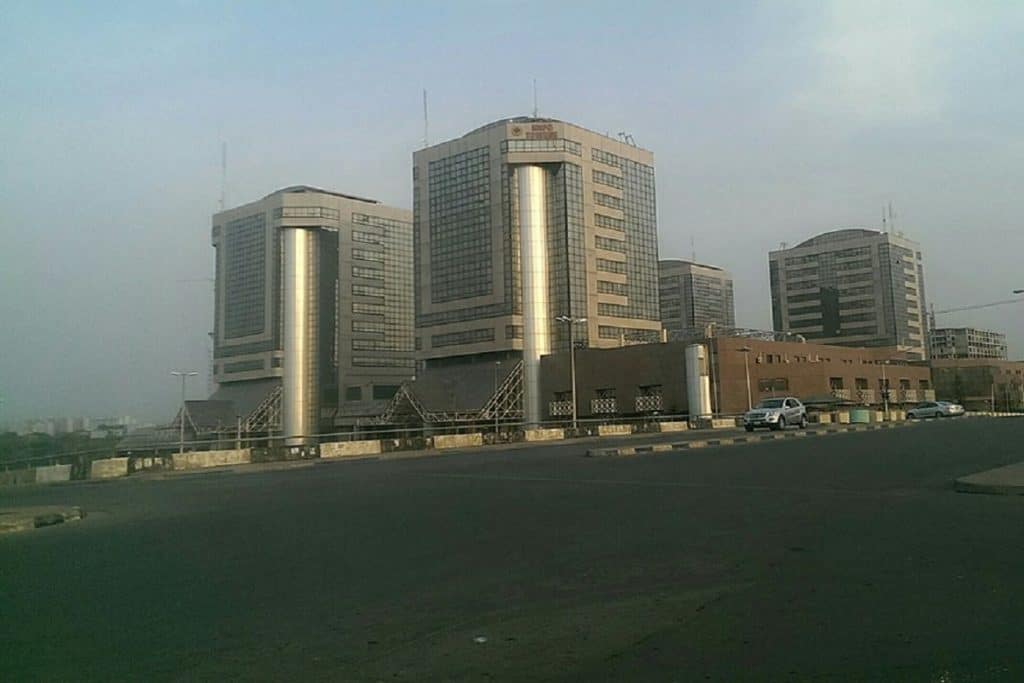Corruption has always been a very important issue on the African continent. For decades leading up to the 21st century, various African countries have reportedly lost billions of dollars to corrupt regimes. Most times these huge sums are lodged by heads of state in multiple foreign banks accounts offshore in locations like Lichtenstein, Panama, Cayman Islands and Switzerland.
But the start of the 21st century heralded a new beginning for the African continent. And after years of reforms in several African countries, it appeared the continent was finally taming the beast of corruption.
However, the recent outbreaks of reports about missing funds have brought the issue back to the fore.1
Over the last four years African nations like Nigeria, Ghana, Zambia, and Sierra Leone have witnessed some embarrassing cases of missing government funds.
These incidents are escalating the negative views about Africa as it shows just how weak and ineffective African governments have treated corruption cases.
Missing Funds Across Africa
There are many cases of missing funds across Africa. But the most interesting ones have occurred in Nigeria, Zambia, Sierra Leone and Liberia.
In 2014, Nigerians were completely dumbfounded when news broke about $20 billion missing from the coffers of Nigeria’s state-owned oil company, Nigerian National Petroleum Corporation (NNPC).2 And the issue was not a speculation, the country’s own Central Bank Governor, Alhaji Lamido Sanusi, broke the news.
The government then promised to investigate the matter. But since 2014, nothing has been done. Instead Mr Sanusi was forced to resign from office.
Despite having multiple anti-graft agencies, complacency has continued to bedevil Nigeria’s anticorruption efforts. And in the years since 2014, the country has not made any significant anticorruption prosecutions. It has frequently claimed to have recovered several billions thanks to whistleblowers.3 Yet nobody has been sent to jail and corruption continues to roam freely.
Another case of missing funds occurred in Zambia recently. Although relatively quiet and rarely talked about in the international media, Zambia made headlines last week following allegations that $4.3 million for social welfare had gone missing.4
The money had gone missing from the Social Cash Transfer programme under the Ministry of Community Development. The money had reportedly been used to buy expensive vehicles, according to the UK-based journal Africa Confidential.5
This event is even more embarrassing because the funds were meant for poor families. Although the government made swift moves to investigate the matter, harm had already been done. Donor nations like Finland, the UK, Sweden and Ireland immediately froze all aids to the country.6
Sierra Leone represents another painful case corruption in Africa. In the midst of its struggle to overcome Ebola just four years ago, about $15 million went missing from the government’s health support funds.7 That’s more than 30% of the funds from abroad for the fight against Ebola.
Liberia represents another location were huge sums of money have suddenly disappeared. On September 19, 2018, the government blocked 15 officials from travelling out of the country due to a missing $100 million (cash).8 According to the reports, the newly minted cash simply disappeared after arriving the country at the ports. And this occurred between November 2017 and August 2018.
What’s more pathetic, Liberia’s entire 2018 government budget is just around $560 million, a very sizable some compared to the other nations.9 As such, any case of missing funds deprives many people the right to very basic amenities.
Missing Funds Show How Weak African Governments Are Against Corruption
Despite the years of reforms and several efforts to tame the corruption monster, these cases of missing funds show that African governments are just not taking the matter serious enough.
In the case of Nigeria, there are quite a few anti-graft agencies with seemingly overlapping duties. However the Economic and Financial Crimes Commission (EFCC) is the most powerful. Yet, it has remained mum on cases of corruption. The county’s agencies appear to be selective with which case to investigate. Thus they have politicised the whole matter.
Nobody Takes Africa Serious Again
Africa’s unserious reaction and attitude towards the issue of corruption is affecting its image in the international community.
In the age of Trump, African nations are already at a disadvantage. Issues like trade protectionism and immigration controls are threatening to affect global relations. Yet, thanks to Africa’s weak stance against corruption, it is in danger of becoming irrelevant in international relations.
The US president is on record to have labelled the entire continent a “shithole”.10 He referenced the high level of poverty and underdevelopment and widespread corruption on the continent.
Former British Prime Minister, Mr David Cameron was also on record calling Nigeria, Africa’s largest economy, a “fantastically corrupt” nation a few years ago. These perceptions are not made up. They’re borne out of the reality of doing business with African nations.
Image Credit: Wikipedia (Headquarters of the Nigerian National Petroleum Corporation – NNPC)







